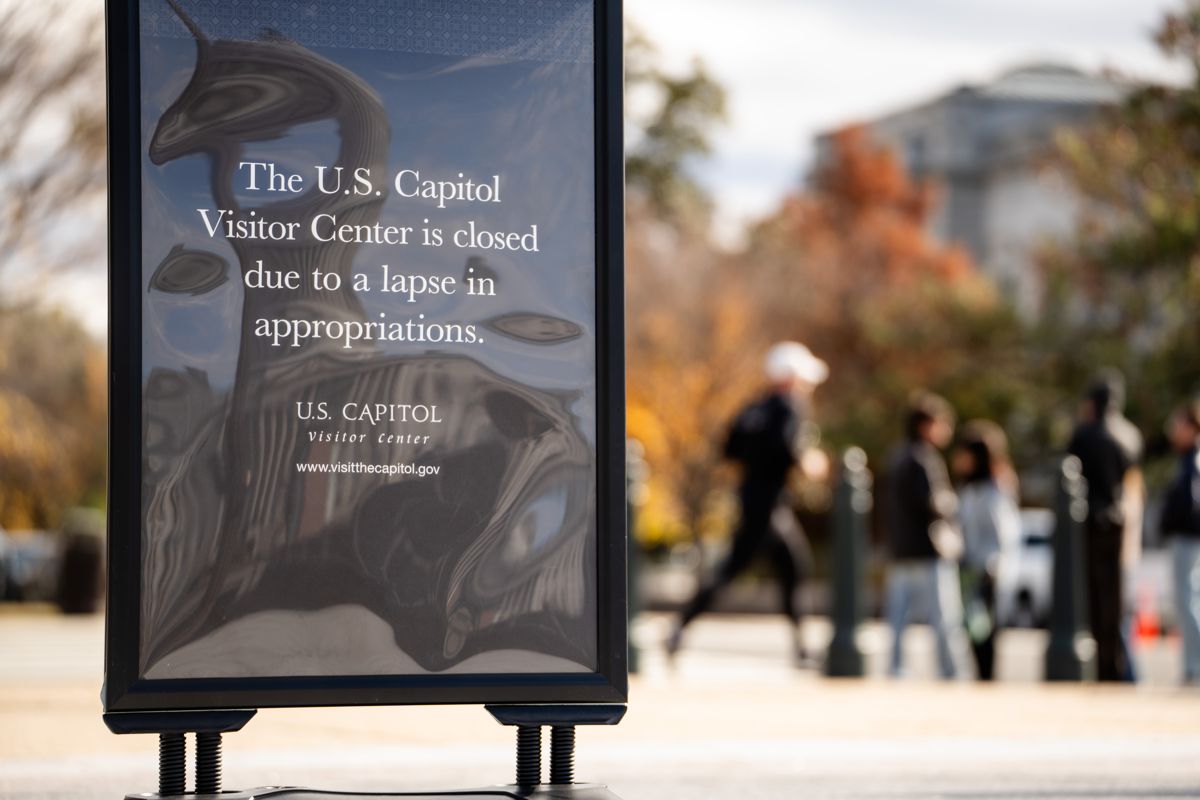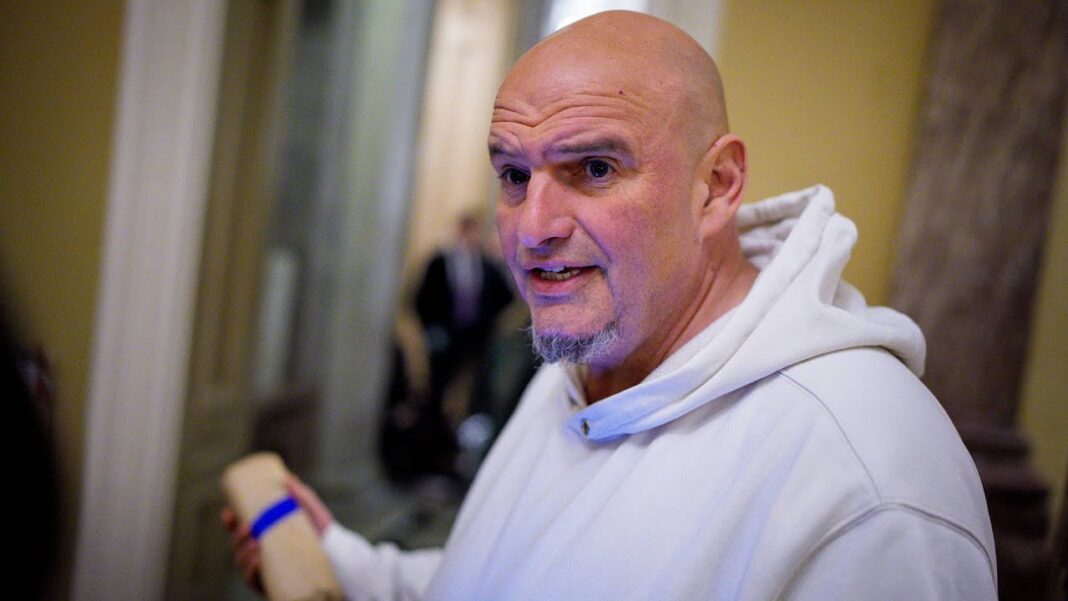In a time of deep divisions, both sides see an advantage in leveraging funding deadlines for political advantage.
News Analysis
The recent 43-day government shutdown—the longest in U.S. history—resulted not from an impasse over a piece of legislation but from the deepening political divide in the country that has left politicians and voters alike spoiling for a fight, some experts say.
That polarization has been evident for some time, but it has grown in recent years, according to a study Gallup released this year.
Political moderates, once the largest ideological group, have diminished in number for decades, Gallup found. Meanwhile, the number of Americans describing themselves as “very conservative” and “very liberal” has increased.
Here’s how that divide reshaped the politics of political shutdowns to produce the longest and most costly federal government shutdown in history.
Prompted by Frustration, not Legislation
This shutdown differed from others in that the partisan standoff appeared imminent despite the initial lack of a particular legislative focus.
Democrats originally presented a large number of health care spending demands to address what they called a health care crisis.
Eventually, they coalesced around extending certain subsidies for the Affordable Care Act Insurance Marketplace that are set to expire at the end of the year, but in the end achieved nothing more than a promise to hold a Senate vote on the matter.
Matthew Wilson, associate professor of political science at Southern Methodist University, told The Epoch Times that the initial lack of specificity indicates that the party was primarily motivated to signal opposition to President Donald Trump rather than to achieve a specific policy outcome.
“There’s widespread anger among Democrats about everything associated with this administration,” Wilson said. “There are a lot of people on the Democratic side that wanted to do something dramatic.”
Commenting on the impending end of the shutdown, House Minority Leader Hakeem Jeffries (D-N.Y.) said on Nov. 10 that extending the health care subsidies “was the main reason for the shutdown in the first place.”
He then blamed several economic issues, including the cost of housing, electricity, child care, and groceries, along with health care, on the current administration and described them as the impetus for the shutdown.
“America is too expensive, and far too many people are struggling to live paycheck to paycheck,” Jeffries told reporters. “That’s why Democrats have been waging this fight.”
Sen. Bernie Sanders (I-Vt.), who caucuses with Democrats, criticized a Senate vote on Nov. 9 that cleared the way for the shutdown to end.
“The American people want us to stand up to Trumpism, to his war against working-class people, to his authoritarianism,” he said in a video posted to X.







